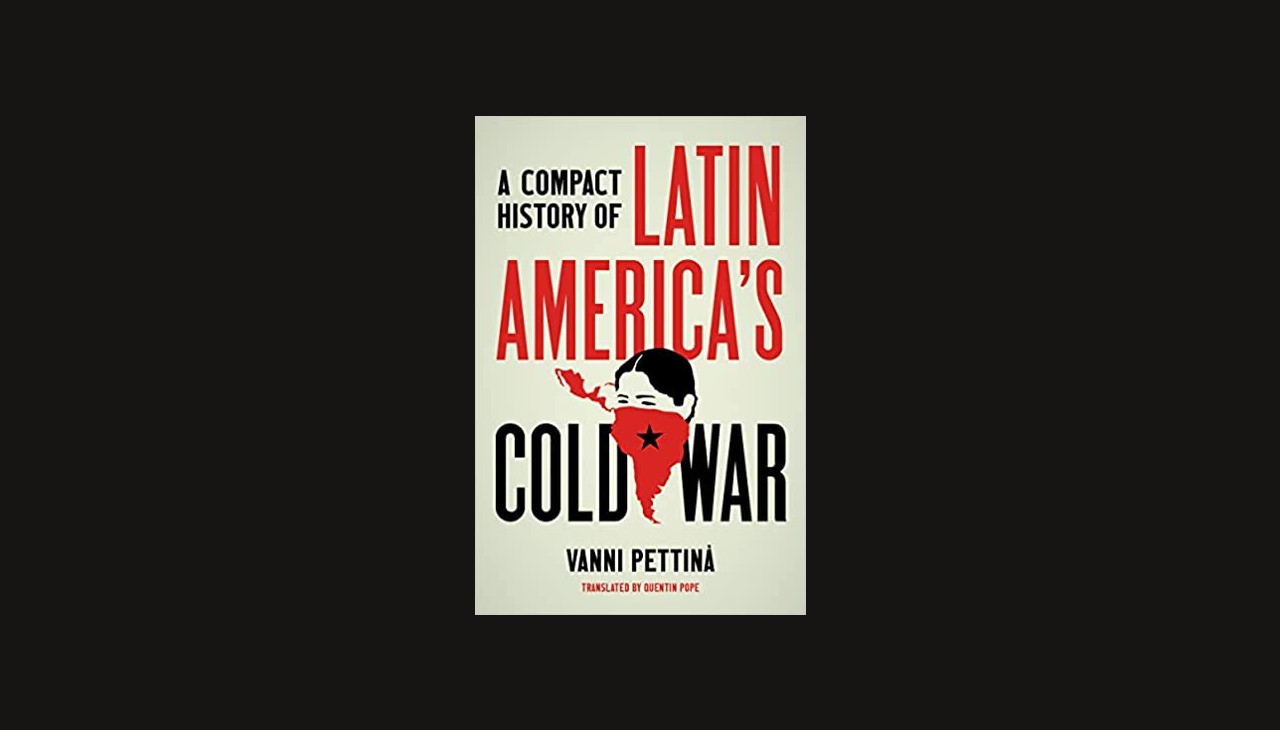
How did the Cold War affect Latin America?
Italian-Mexican historian Vanni Pettinà explores the impact and consequences of the Cold War in the region.
Between the end of World War II and the fall of the Berlin Wall, Latin America went through a dramatic period marked by coups d'état, guerrilla insurgencies and revolutions, as well as instability and violence. In today's Latin American societies, the aftermath of decades of governmental authoritarianism and systematic human rights violations is still visible. Despite this, there are few historical efforts to interpret such a convulsive period as a whole.
In A Compact History of Latin America's Cold War, available for the first time in English, Vanni Pettinà, associate professor of Latin American international history at El Colegio de México, makes sense of the region’s diverse, complex political experiences of the Cold War era.
Cross-fertilized by Latin American and Anglophone historiography, his account shifts from an overemphasis on U.S. interventions toward a comprehensive Latin American perspective.
RELATED CONTENT
Connecting Cold War events to the region's political polarizations, revolutionary mobilizations, draconian state repression, and brutal violence in almost every sphere, Pettinà demonstrates that Latin America's Cold War was rarely cold.
Amid the tumult, some countries showed resilience and capacity to bend the disruptive dynamics to their advantage. Mexico, for example, drew on a mix of nationalism and anti-Communism, aided by the United States, to achieve strong economic growth and political stability. Cuba, in contrast, used Soviet protection to shield its revolution from the United States and strengthen its capacity to project power in Latin America and beyond. Interweaving global and local developments along an insightful analytical frame, Pettinà reveals the distinct consequences of the Cold War in the Western Hemisphere.
"It is an attempt to analyze how the region went through this historical period that we know as the Cold War," Petinnà said during the 2018 presentation of the book in Spanish at the Colegio de Mexico (Historia Mínima de La Guerra Fría en América Latina). Petinnà noted that it is one of the first books on this topic, very little discussed in the Anglo-Saxon world.
"It has been written and thought about the Cold War in Latin America from the point of view of the United States. For some historians it was the sum of Washington's interventions in Latin America, but if you don't change your perspective you don't see another reality," the author told the newspaper El País at the time. "There were coups such as the one in Guatemala in 1954 supported by the CIA, but also cases such as Mexico and Costa Rica, which crossed the period with relative stability, even with important social reform processes."
According to the historian, one of the main consequences of the Cold War in today's Latin America is to have left polarized societies that continue to articulate around right and left. Another consequence is the high level of violence since the end of World War II. In some countries judicial processes have been carried out, as in Argentina, but in others, such as Mexico, the disappeared "never had justice," he told El País.












LEAVE A COMMENT: